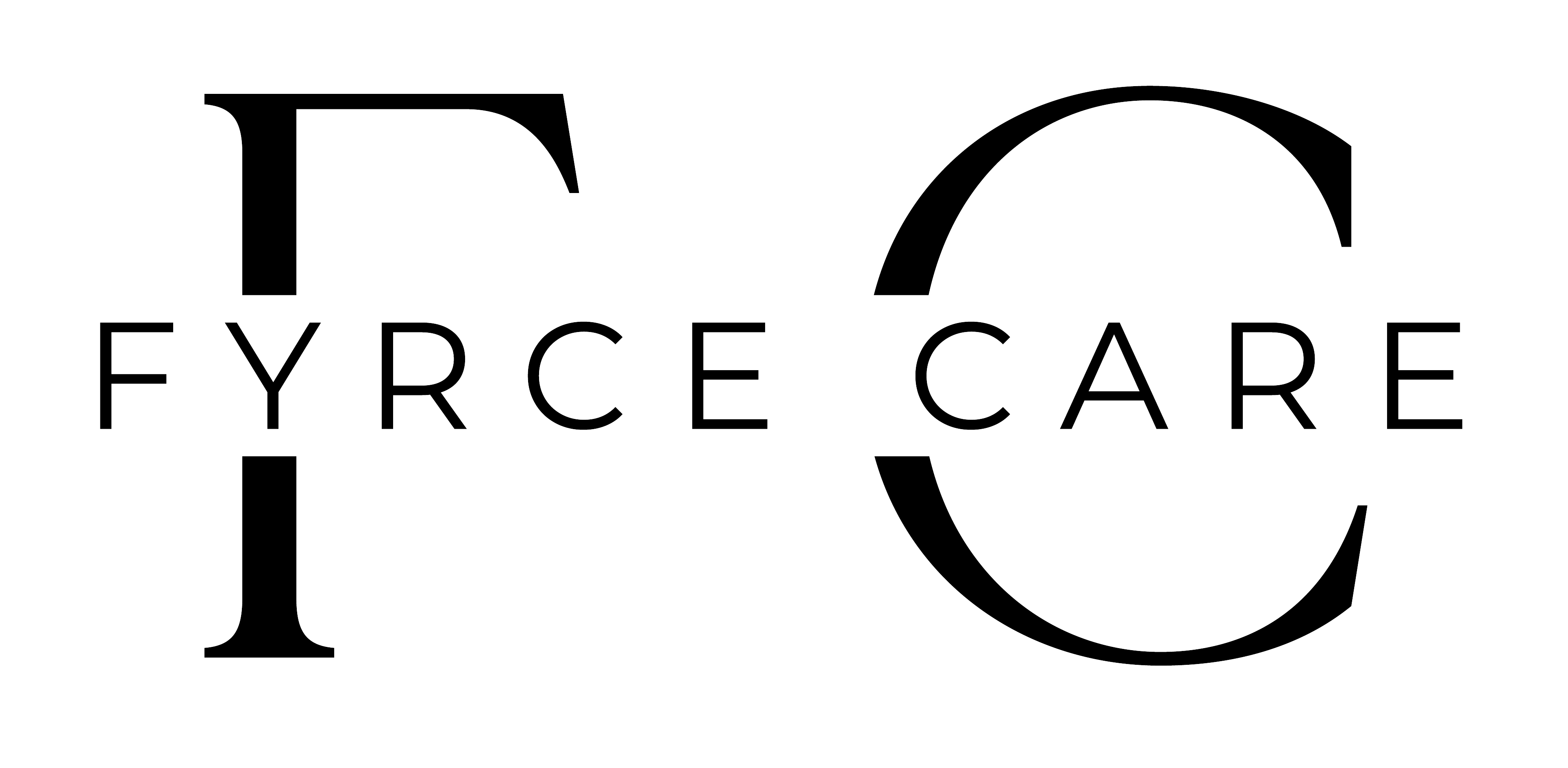Egg freezing has become a powerful tool for women looking to preserve their fertility, whether for medical reasons or personal life planning. But who exactly should consider this option? Fertility expert Dr. Gülden Halis, founder of Kinderwunschteam Berlin, offers key insights into the reasons women choose egg freezing and the conditions that may make it necessary.
Who Is a Good Candidate for Egg Freezing?
There are two main categories of women who consider egg freezing: those pursuing medical freezing and those opting for social freezing. Medical freezing is recommended for women facing medical conditions or treatments that threaten their fertility. According to Dr. Halis:
"In cases like cancer, chemotherapy can damage all of a woman's eggs. Egg freezing allows women to preserve their fertility before undergoing such treatments."
On the other hand, social freezing is a choice for women who want to delay starting a family for personal or professional reasons. Dr. Halis advises women in their early to mid-30s to consider this option:
"Social freezing is ideal for women who aren’t ready for children yet - whether they haven’t found the right partner, are pursuing career goals, or simply feel it’s not the right time."
Regardless of the reason, Dr. Halis emphasizes the importance of assessing fertility early on through an AMH test and ultrasound to make informed decisions.
What Conditions Make Egg Freezing Necessary?
For some women, egg freezing isn’t just an option—it’s a crucial step to safeguard their fertility. Dr. Halis outlines the key conditions that make egg freezing essential:
- Cancer treatments, such as chemotherapy and radiation, can significantly harm fertility by damaging the eggs. Egg freezing ensures the possibility of starting a family after cancer treatment.
- Endometriosis, a condition affecting millions of women, can lead to scarring and reduced ovarian reserve. Egg freezing is strongly recommended for women with endometriosis, particularly if they’re delaying family planning.
- Genetic predispositions, such as early menopause or Turner syndrome, may cause a rapid decline in egg quality and quantity. Egg freezing offers these women a proactive solution.
- Other medical situations, including autoimmune diseases and surgeries affecting reproductive organs, can also impact fertility, making egg freezing a key fertility preservation option.
Conclusion
Egg freezing is a transformative tool for both medical and personal reasons, empowering women to take control of their reproductive futures. As Dr. Halis explains: "Every woman should understand her ovarian reserve and fertility timeline early on. With this knowledge, you can make the right decision for your future."
Whether you’re navigating a medical diagnosis or planning for flexibility in family planning, egg freezing offers the chance to preserve your fertility and keep your options open.

